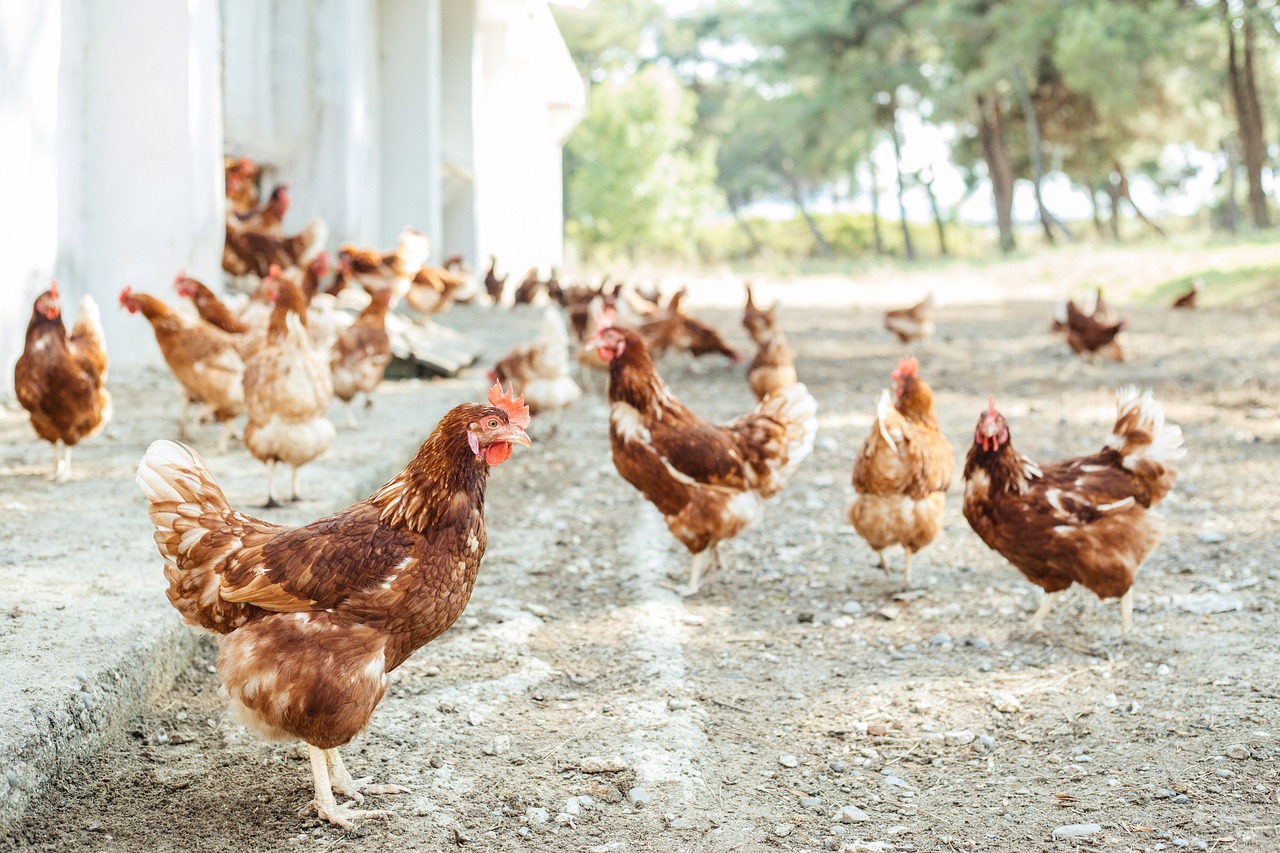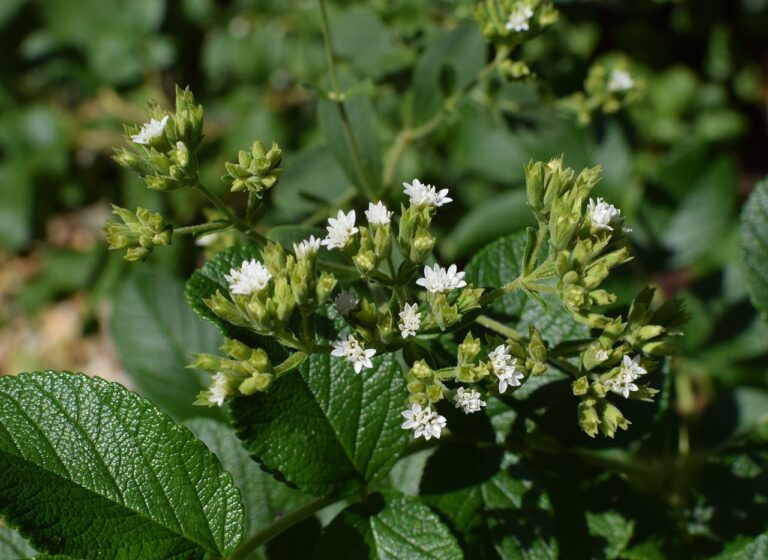Biotechnology and Sustainable Development Goals (SDGs): World777 id, 11xplay, 247 betbook
world777 id, 11xplay, 247 betbook: Biotechnology and Sustainable Development Goals (SDGs)
In recent years, biotechnology has emerged as a powerful tool to address the world’s most pressing challenges, including those outlined in the Sustainable Development Goals (SDGs). The field of biotechnology encompasses a wide range of technologies that use living organisms or their derivatives to develop products and processes for various industries. From healthcare to agriculture, biotechnology has the potential to transform how we approach sustainable development and achieve the SDGs.
1. Improving Health and Well-being
Biotechnology plays a crucial role in advancing healthcare by developing new drugs, diagnostic tools, and treatments for diseases. By leveraging biotechnology, we can improve access to quality healthcare services, reduce the burden of infectious diseases, and promote overall well-being.
2. Ensuring Food Security
Biotechnology also offers innovative solutions to enhance agricultural productivity, improve crop yields, and ensure food security for a growing global population. Through genetic engineering and biotechnological interventions, we can develop crops that are more resilient to pests, diseases, and environmental stresses.
3. Promoting Environmental Sustainability
Biotechnology can help reduce the environmental impact of various industries by developing sustainable alternatives to conventional processes. For example, biofuels produced from renewable biomass sources offer a cleaner and greener alternative to fossil fuels, thereby reducing greenhouse gas emissions and mitigating climate change.
4. Fostering Economic Growth
By fostering innovation and creating new business opportunities, biotechnology can contribute to economic growth and job creation. Biotech startups and companies are driving technological advancements, attracting investments, and spurring economic development in diverse sectors.
5. Enhancing Education and Research
Biotechnology is instrumental in advancing scientific research, promoting education, and building scientific capacity. By supporting research and development initiatives, we can unlock new knowledge, skills, and capabilities that are essential for achieving the SDGs.
6. Strengthening Partnerships and Collaboration
Collaboration is key to harnessing the full potential of biotechnology for sustainable development. By fostering partnerships among governments, industry, academia, and civil society, we can share knowledge, resources, and best practices to address shared challenges and achieve common goals.
FAQs:
Q: How can biotechnology contribute to achieving SDG 3 (Good Health and Well-being)?
A: Biotechnology can help develop new medicines, vaccines, and diagnostic tools for combating infectious diseases, non-communicable diseases, and other health challenges.
Q: What are some examples of biotech applications in agriculture?
A: Biotechnology has been used to develop genetically modified crops, bio-fortified foods, and sustainable farming practices that enhance agricultural productivity and promote food security.
Q: How can biotechnology promote environmental sustainability?
A: Biotechnology offers sustainable solutions in waste management, pollution control, renewable energy production, and conservation of natural resources, thereby contributing to environmental stewardship and sustainability.
In conclusion, biotechnology holds immense promise for advancing sustainable development goals and creating a more equitable, prosperous, and sustainable world. By harnessing the power of biotechnology and nurturing a conducive ecosystem for innovation, we can accelerate progress towards achieving the SDGs and addressing the most pressing challenges of our time.







